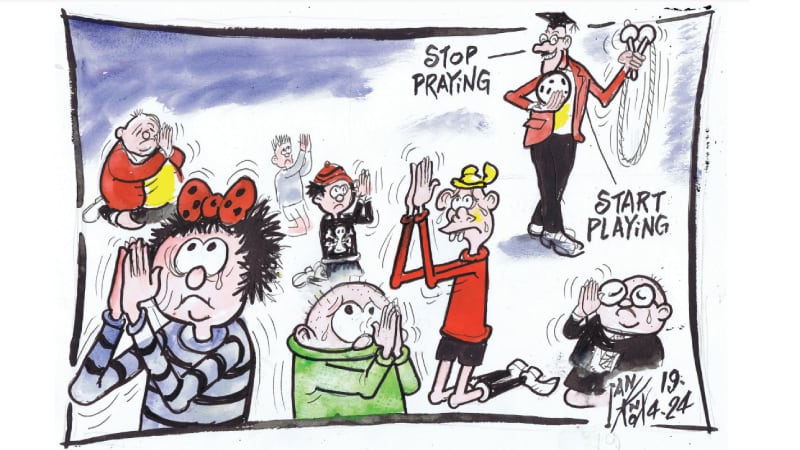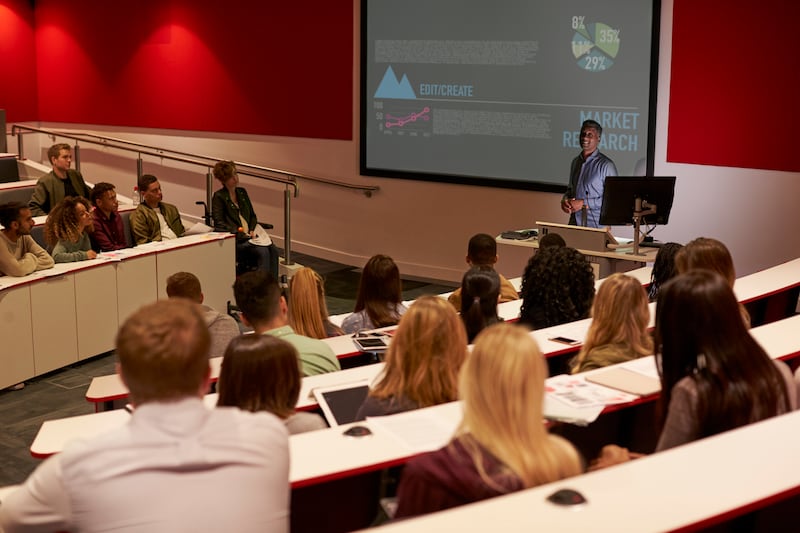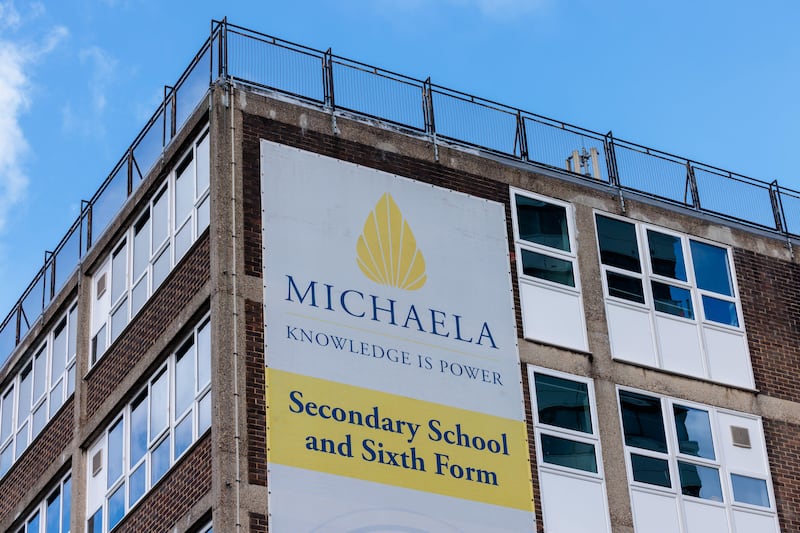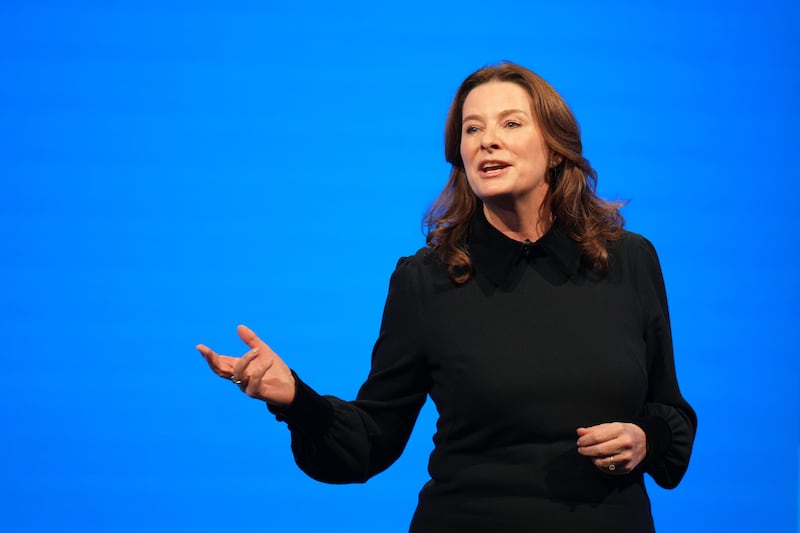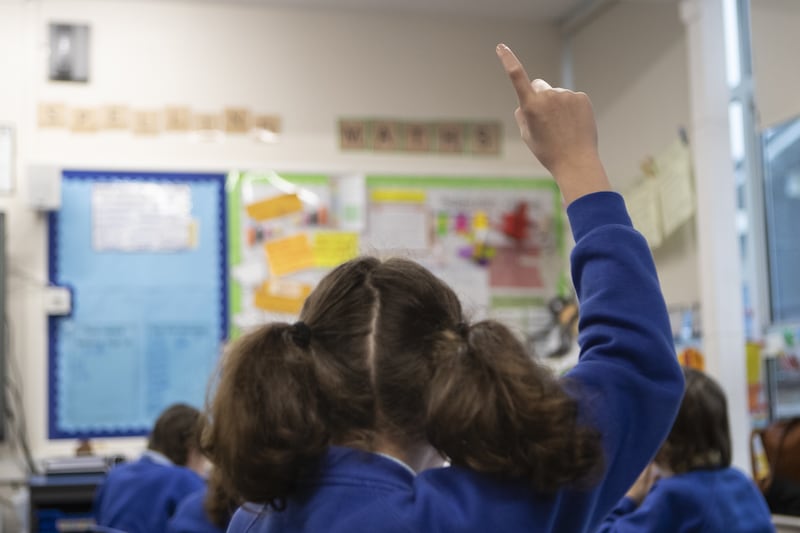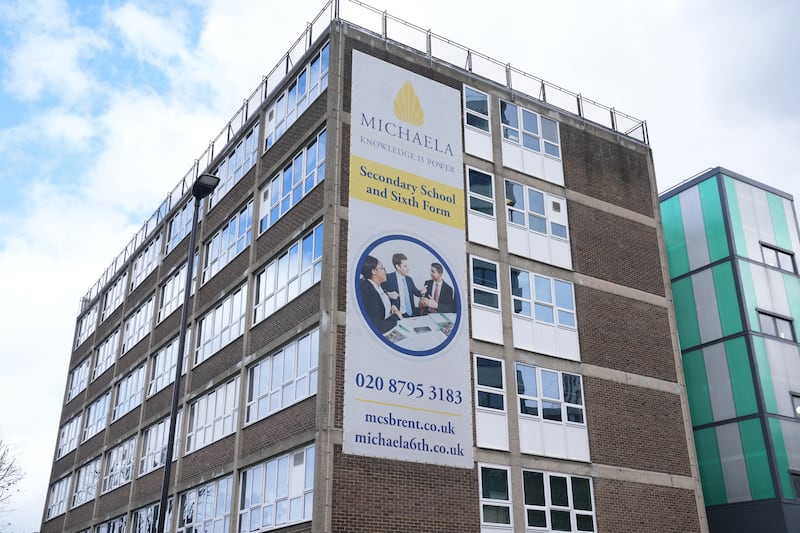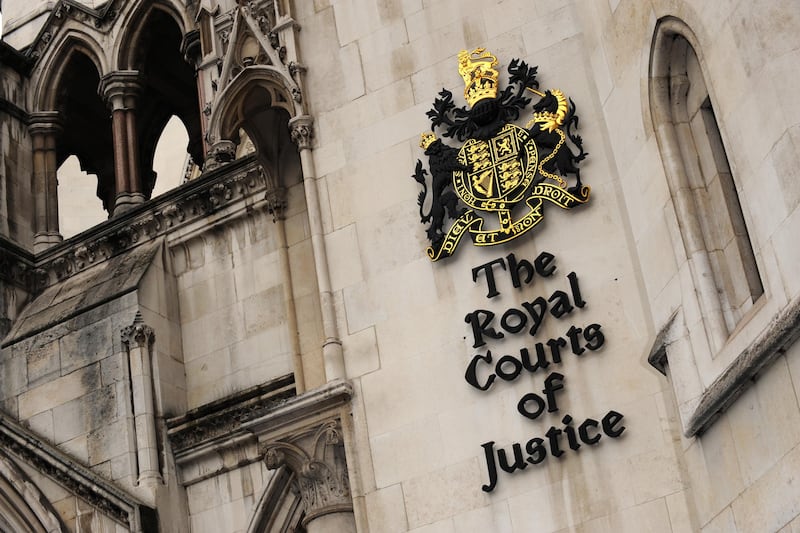NEWTON Emerson writing on the Opinion page of The Irish News, (‘Churches must break deadlock on school segregation’ April 15 2021) makes an interesting observation when he points out that: “The individual impact of integration might be slight but its cumulative effect over decades should be substantial.”
He’s right but unfortunately it will make little or no difference to the huge tail of educational underachievement that we have here in Northern Ireland.
So long as we have a selective system of education that tells more than 60 per cent of our young children that they are ‘ failures’ at age 11 and that they can’t go to the school of their choice because of this ‘failure,’ we will continue on a downward spiral educationally and economically.
When you have a system of social apartheid where more advantaged children go to one type of school and those less advantaged go to another type of school, what you end up with is a huge number of children left behind.
In the north we have the widest educational achievement gap of anywhere in Europe.
If we compare religious integration of our schools here with the racial integration of schools in America we find that as Professor Richard Kalenberg points out in his excellent book All Together Now, that when working-class white and black children were integrated in Boston, no achievement gains were found but in contrast when black students were integrated with upper middle-class white students in Charlotte, North Carolina, achievement gains were strong. James Coleman (Coleman Report) found that it was the socio-economic status of classmates, rather than their race, which raised academic achievement.
According to the OECD, Northern Ireland has the most socially segregated education system in Europe. All the research from the Coleman report (1966) to the present day shows that when you end up with high concentrations of poverty in many of your schools, which is what happens when you have a selective education system, then these schools will always struggle. All children do much worse in high poverty schools. A child from a low income household in a socially disadvantaged area does much better in a school with a socially mixed intake. The peer effect is vital.
As Sinn Féin’s Pat Sheenan, deputy chair of the Education Committee at Stormont has rightly stated: “If we are going to talk about a really integrated system, it is not just about religion or community background, it is also about the socio-economic background that children come from and a proper integration of our whole education system’
Jim Curran
Downpatrick
How do we assess courage against the wider backdrop of history and society?
COURAGE has no religion, no geography, no ethnicity, no race, no social status. It is ageless. It is to be found where we expect it. It is to be found where we do not expect it. It seeks no audience but when identified it deserves our universal respect. Or does It?
As a teenager, Jenny Verner defied her powerful Orange family to run away with and marry John Mitchel, her social inferior. In Dublin, in support of Young Ireland, she ‘hosted nights and suppers of the Gods’ and made fiery, public speeches. Always seasick, with her young family, she crossed oceans to join her Irish Republican husband in ‘jail’, in exile.
Born to privilege, she worked hard on a farm in Van Diemen’s land. On mules, with her young children, she trekked through a central American jungle. She went into the American wilderness in a covered wagon and lived there in a log cabin.
She lived in and loved Paris, where two of her daughters became Catholics. She did not object. One daughter died in a convent there. Under fire, she and two surviving daughters braved the Union blockade of the Confederacy to join the rest of the family in Richmond. They were shipwrecked and lived in a city under siege. Shrapnel fell on their roof, and windows exploded in the heat. Jenny Verner Mitchel lost two sons and one was maimed in a secondary cause she profoundly believed in. Captain John C Mitchel was killed as commander of Fort Sumter. Willie fell carrying his regiment’s colours at Gettysburg.
Tolerant of ethnic differences, loyal and generous to family and friends, Jenny Verner shared a life of love, adventure and fidelity with John Mitchel. Her story, sacrifices, geography and courage are remarkable. In addition, Jenny Verner was illegitimate; something the wider Verner family very publicly reminded her of when she lost her husband. She did not rage against the fates.
Jenny Verner Mitchel never owned a slave, nor had any desire to do so. Yet, in her letters and in her sacrifices, she supported the institution of slavery. How should we view the courage of the independent, unrepentant racist Jenny Verner Mitchel?
Anthony Russell
Newry
Author of Between Two Flags:
John Mitchel & Jenny Verner
Could Foster et al please vent resentment at their ‘betrayer’?
THIS letter concerns the recent loyalist riots and why they happened. Boris Johnson failed to keep promises that Brexit would not create a border in the Irish Sea and his lies caused a lot of anger in the loyalist community. He made these promises knowing full well the Irish Sea border would occur, knowing economic separation would be unacceptable to the unionist community.
So, there is a deep sense of anger and betrayal within that community at the moment.
Therefore, I would appeal to Jim Allister, Arlene Foster, Sammy Wilson et al to vent their understandable resentment at Boris Johnson, their prime minister.
Kieran Dunphy
Belfast 15

